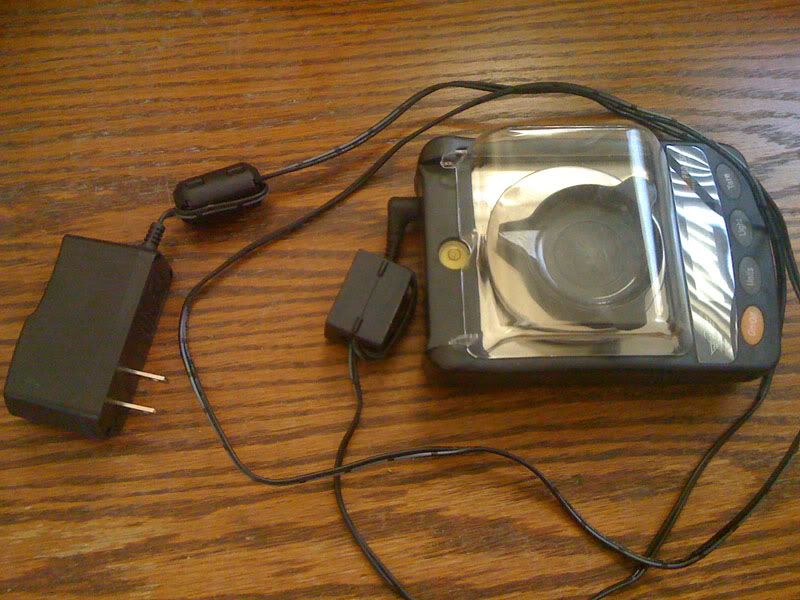Anyone looking for a quality digital scale this is where its at.
Even tho I am a fairly new handloader I absolutely love this scale. Never drifts, easy to use, and very accurate.
Accuracy is almost dead on with my RCBS 505 Beam scale.
This scale measures to the hundredths of a grain and has greatly improved the charge weight consistency of my loads greatly. Consistency has been noticeably reflected by my group sizes.
Some may say its over kill for reloading but I love knowing that my charge weights are dead on.

Even tho I am a fairly new handloader I absolutely love this scale. Never drifts, easy to use, and very accurate.
Accuracy is almost dead on with my RCBS 505 Beam scale.
This scale measures to the hundredths of a grain and has greatly improved the charge weight consistency of my loads greatly. Consistency has been noticeably reflected by my group sizes.
Some may say its over kill for reloading but I love knowing that my charge weights are dead on.



